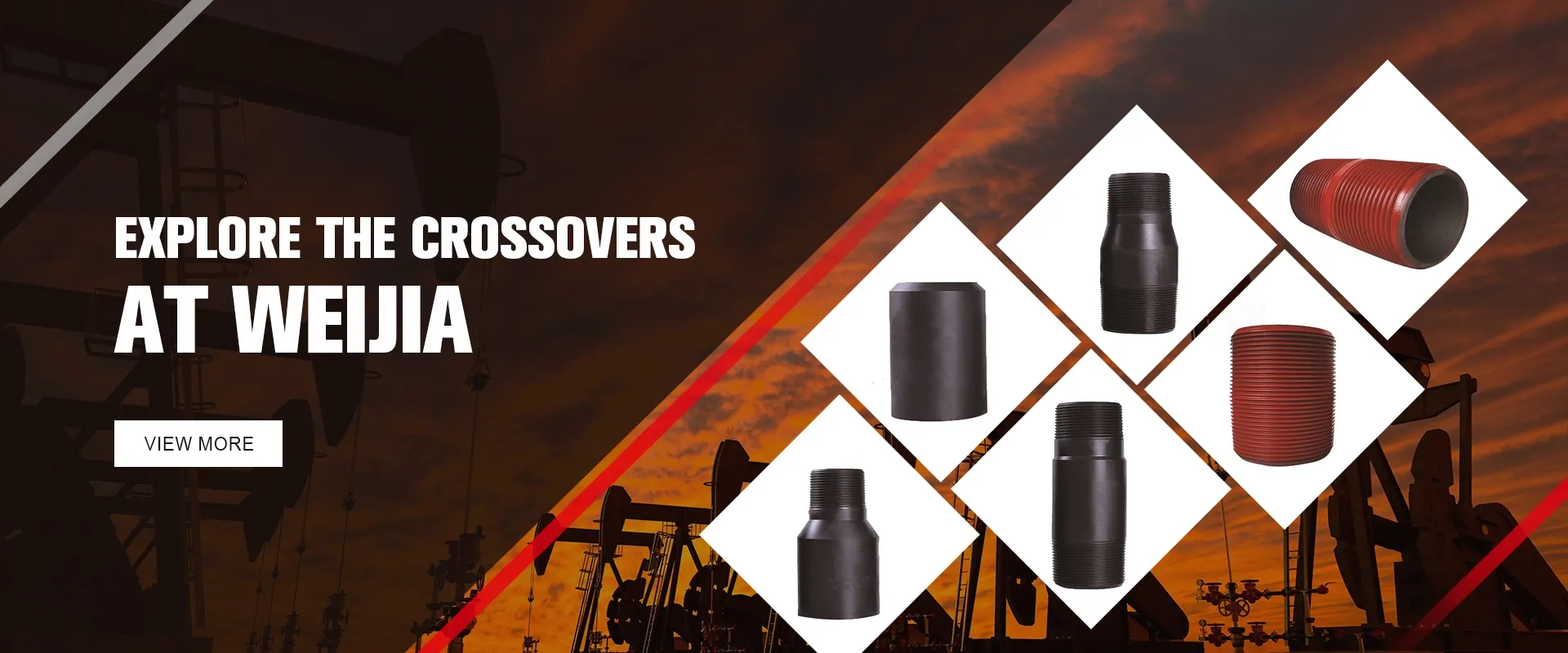- Afrikaans
- Albanian
- Amharic
- Arabic
- Armenian
- Azerbaijani
- Basque
- Belarusian
- Bengali
- Bosnian
- Bulgarian
- Catalan
- Cebuano
- Corsican
- Croatian
- Czech
- Danish
- Dutch
- English
- Esperanto
- Estonian
- Finnish
- French
- Frisian
- Galician
- Georgian
- German
- Greek
- Gujarati
- Haitian Creole
- hausa
- hawaiian
- Hebrew
- Hindi
- Miao
- Hungarian
- Icelandic
- igbo
- Indonesian
- irish
- Italian
- Japanese
- Javanese
- Kannada
- kazakh
- Khmer
- Rwandese
- Korean
- Kurdish
- Kyrgyz
- Lao
- Latin
- Latvian
- Lithuanian
- Luxembourgish
- Macedonian
- Malgashi
- Malay
- Malayalam
- Maltese
- Maori
- Marathi
- Mongolian
- Myanmar
- Nepali
- Norwegian
- Norwegian
- Occitan
- Pashto
- Persian
- Polish
- Portuguese
- Punjabi
- Romanian
- Russian
- Samoan
- Scottish Gaelic
- Serbian
- Sesotho
- Shona
- Sindhi
- Sinhala
- Slovak
- Slovenian
- Somali
- Spanish
- Sundanese
- Swahili
- Swedish
- Tagalog
- Tajik
- Tamil
- Tatar
- Telugu
- Thai
- Turkish
- Turkmen
- Ukrainian
- Urdu
- Uighur
- Uzbek
- Vietnamese
- Welsh
- Bantu
- Yiddish
- Yoruba
- Zulu
Well Casing Connector for Enhanced Stability and Seamless Integration in Drilling Operations
Understanding Well Casing Couplers Their Importance and Applications
Well casing couplers are crucial components in the oil and gas industry, playing a pivotal role in the construction and maintenance of wells. They are designed to connect segments of casing pipes, which are essential components used to line the boreholes of oil and gas wells. This article will delve into the importance, types, and applications of well casing couplers, highlighting their integral role in ensuring successful drilling operations.
What Are Well Casing Couplers?
Well casing couplers are fittings that join two sections of casing pipes together. The casing itself is a series of steel pipes that are inserted into the drilled well to provide structural integrity, prevent contamination of the groundwater, and protect the well from external elements. Couplers must ensure a tight seal between the sections to prevent leaks and maintain pressure in the wellbore.
Importance of Well Casing Couplers
1. Structural Integrity Casing provides support to the walls of the borehole, preventing collapses while also allowing for the extraction of oil and gas. Couplers ensure that the casing sections fit together securely, maintaining the structural integrity of the well.
2. Pressure Management Well operations often involve high pressures, especially during drilling and production. Couplers must withstand these pressures without failing, ensuring the stability of the wellbore.
3. Contamination Prevention One critical role of casing is to protect the groundwater from oil, natural gas, and other contaminants. Well casing couplers help maintain a continuous barrier that prevents leakage, safeguarding both environmental resources and public health.
4. Ease of Installation and Maintenance Couplers facilitate the connection of various casing sections, making installation quicker and more efficient. This ease of use is essential for minimizing downtime during well construction or repairs.
Types of Well Casing Couplers
Different types of well casing couplers are available, each designed for specific applications and conditions
. Some common types include1. Threaded Couplers These couplers feature male and female threads that screw together, providing a solid connection. They are frequently used in applications where casing sections need to be tightly secured.
well casing coupler

2. Welded Couplers For situations that require a more permanent connection, welding is employed. Welding provides a robust bond between casing sections, ideal for high-pressure environments.
3. Slip-On Couplers These couplers slide over the ends of two casing pipes and are usually secured with bolts or clamps. They are easier to install and can be used for temporary connections or older equipment.
4. Quick-Connect Couplers Designed for rapid installations, these couplers allow for quick disassembly and reassembly of casing sections, making them ideal for operations that require flexibility.
Applications in the Oil and Gas Industry
Well casing couplers are used across various applications within the oil and gas sector, including
1. Drilling Operations During the drilling phase, casing is essential for providing stability. Couplers connect multiple casing sections, allowing for deeper drilling while maintaining control over the wellbore.
2. Production In production wells, casing keeps the well walls intact while allowing for the extraction of oil and gas. Couplers ensure the production strings are securely connected to manage fluid flow efficiently.
3. Well Maintenance Over time, wear and tear can necessitate the repair or replacement of casing sections. Couplers aid in the maintenance process by allowing for easy disconnection and reconnection of casing segments.
4. Environmental Protection In environmental drilling projects, casing and couplers protect sensitive groundwater resources from contaminants, ensuring compliance with environmental regulations and safety standards.
Conclusion
Well casing couplers are vital components in the oil and gas industry, ensuring the structural integrity of wells while preventing contamination and managing pressure effectively. Their various types and applications facilitate efficient drilling, production, and maintenance operations. As the industry continues to evolve, the demand for reliable and effective couplers will only increase, reinforcing their importance in upholding the safety and efficiency of oil and gas operations. Understanding their function and significance is essential for anyone involved in well construction and resource extraction.
-
Well Casing Extension Couplings – Applications and InstallationNewsJun.06,2025
-
Types of Crossover Subs in Drilling & CompletionNewsJun.06,2025
-
Key Features of High-Quality Tubing Pup JointsNewsJun.06,2025
-
Installation and Maintenance Tips for Steel Couplings for PipeNewsJun.06,2025
-
How to Select the Right Pup Joint for Oil & Gas OperationsNewsJun.06,2025
-
Applications of Stainless Steel Pipe CouplingsNewsJun.06,2025







